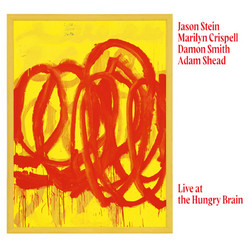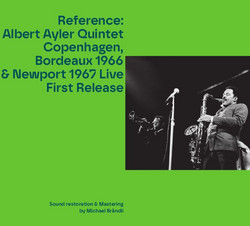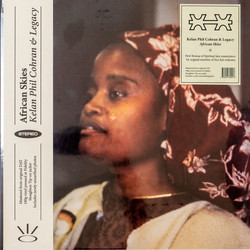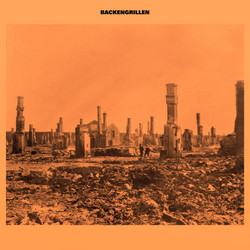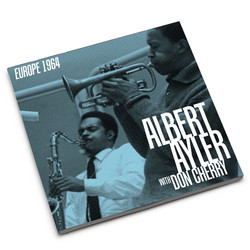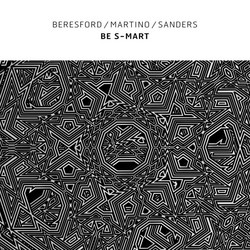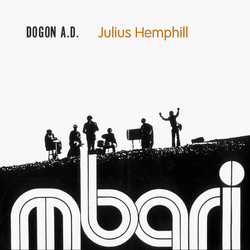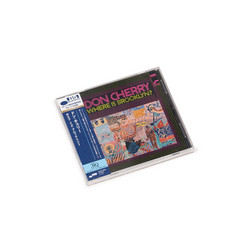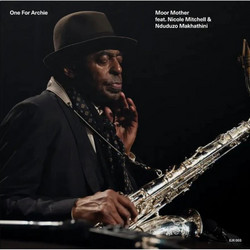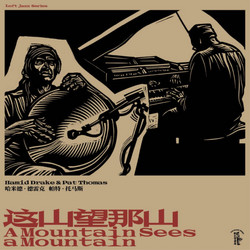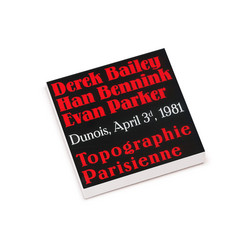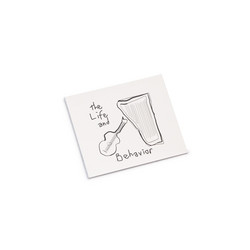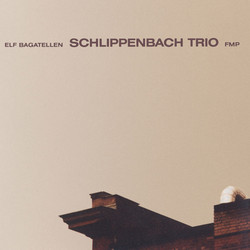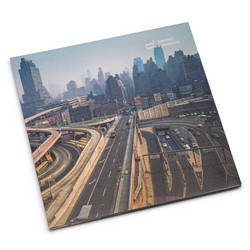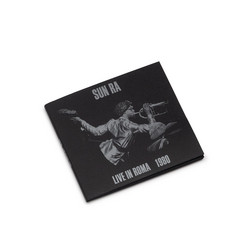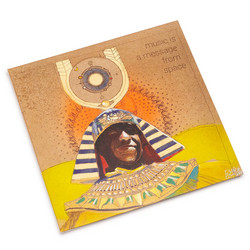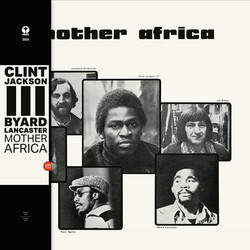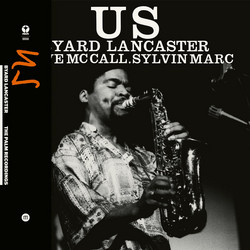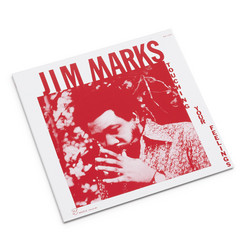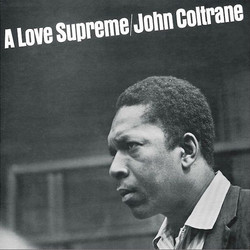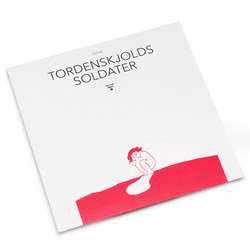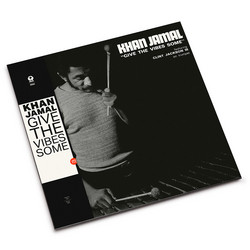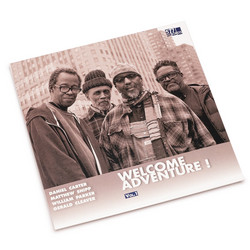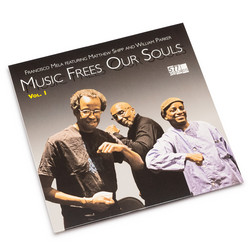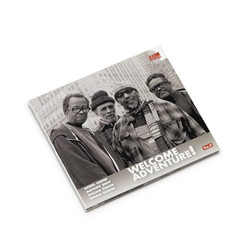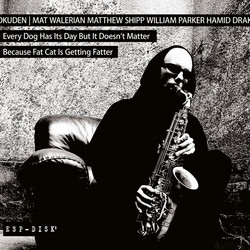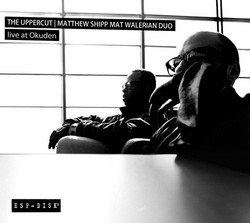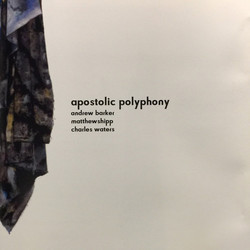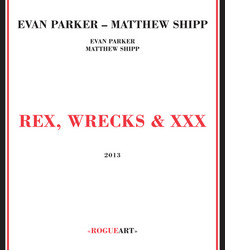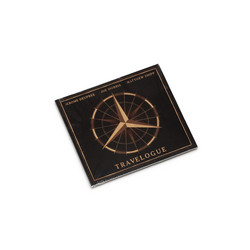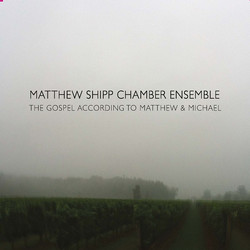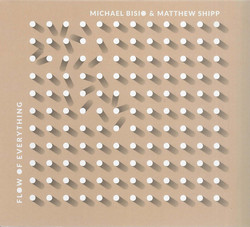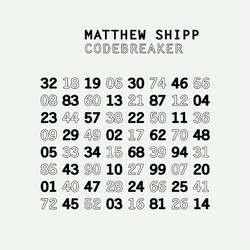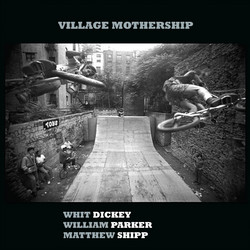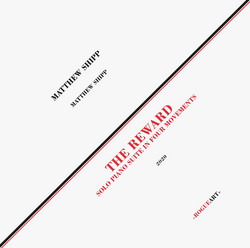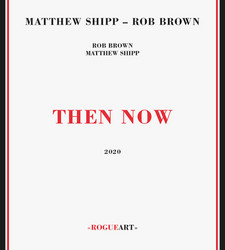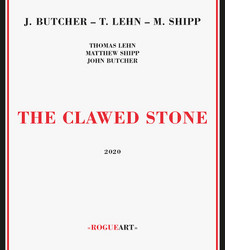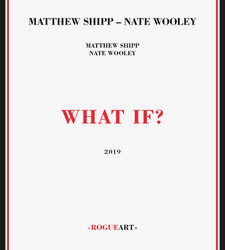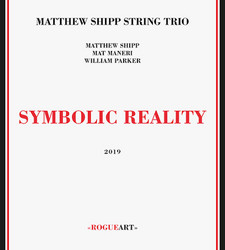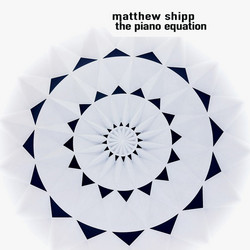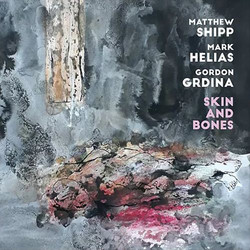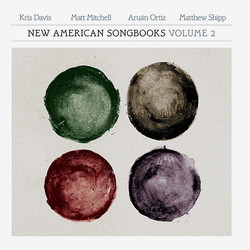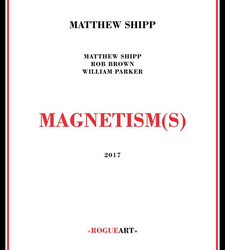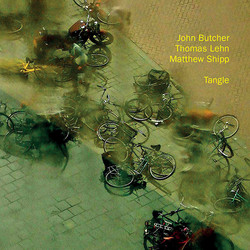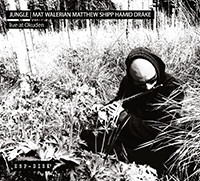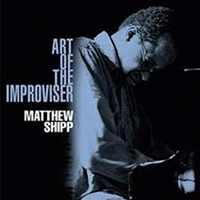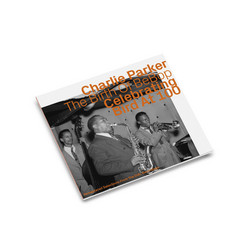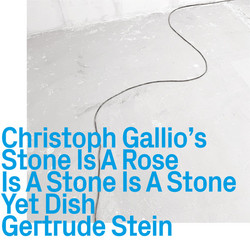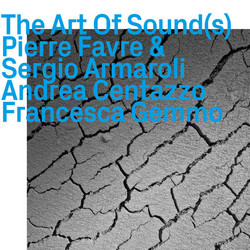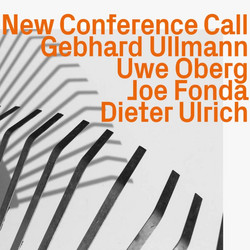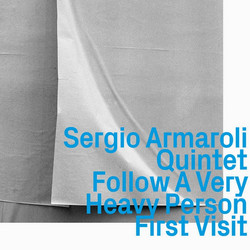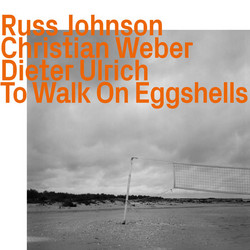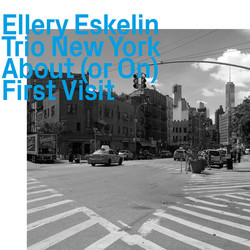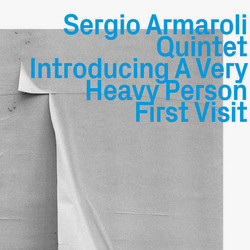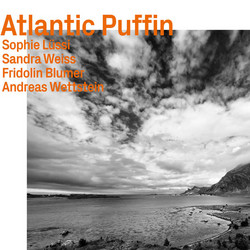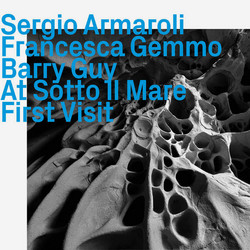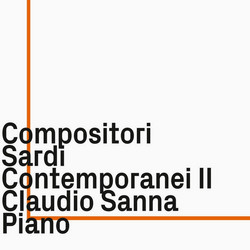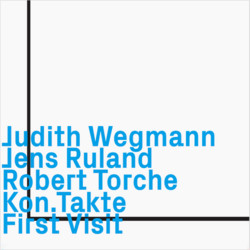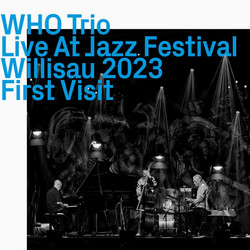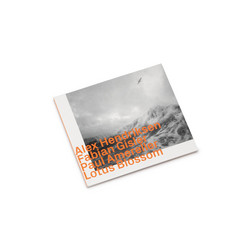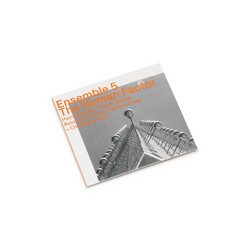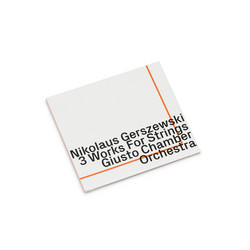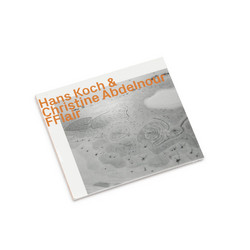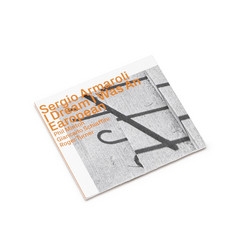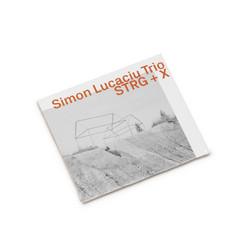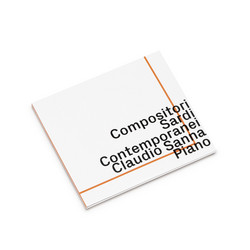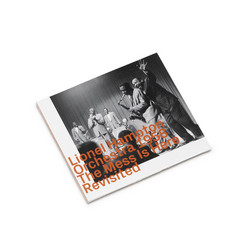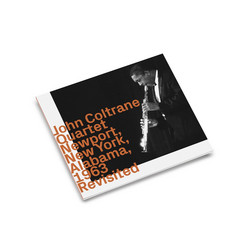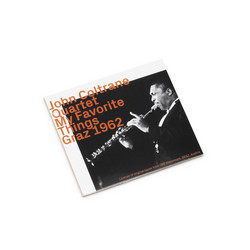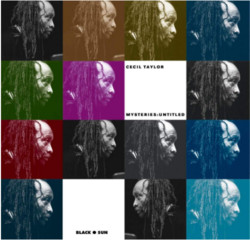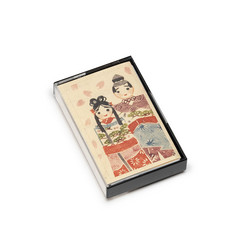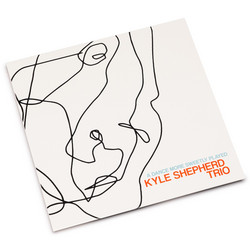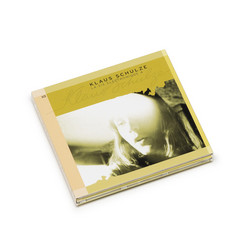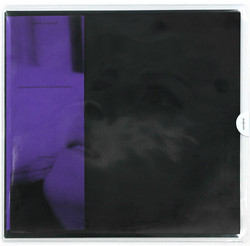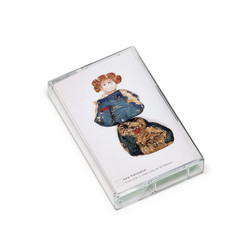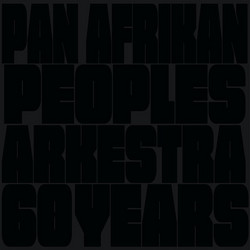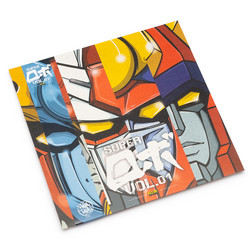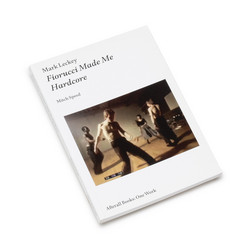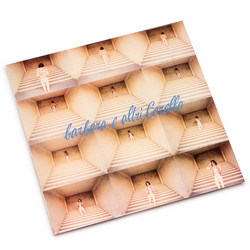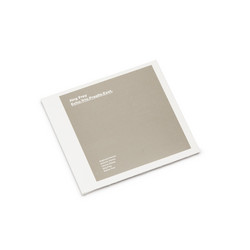**In process of stocking** "Think about seeing someone perform with what looks to you like effortless joy. It may be how they glide across a stage, evenly cut carrots, or nonchalantly pocket a foul ball. I hope you have noticed Matthew Shipp's studied casualness these past thirty-plus years of music making. His entire œuvre of recordings and performances have achieved what some Chinese call "wu-wei," which translates loosely into "not trying" or "not doing." In sports, when a shooter is on a hot streak and can't miss, we call that "in the zone." For a surgeon, a writer, or a painter we might describe the act of losing one's self in the work as a "flow state." Jazz improvisation is often cited by neurologists as an archetypal example of a flow state. Certainly it is, but let's consider Shipp's performance of construction and deconstruction within the context of wu-wei and effortless joy.
No jazz musician emerges fully formed. That said, some conservatory trained musicians become proficient in a style and draw upon that singular style for an entire career. Other musicians, like Shipp are forged not only by training, but also by their cultural environment and larger social forces. A resident of New York's Lower East Side since the 1980s, Shipp was influenced by the avant-garde scene in jazz, plus the post-punk revolution of rock music and the emergence of hip-hop. Some of his earliest recordings were released by the former Black Flag front man Henry Rollins. Maybe that's why, when other conservative musicians were recycling Miles Davis' second quintet, Shipp was exploring a freer jazz with his elders Roscoe Mitchell, William Parker, and David S. Ware. His concept of improvisation as seen through the lens of the East Village addressed the jazz tradition with the same tenets as Thelonious Monk and Sun Ra, and maybe it was the DIY influence of the post-punks that freed him to explore 20th century classical music alongside free jazz. Effortlessly?
There has always been a mystical connection between Thelonious Monk and Shipp, just not in the music they play. Monk, a student of Harlem stride piano, was present at the birth of bebop. Shipp, born in 1960, has always been associated with the avant-garde and free jazz/improvisation. The connection between the two pianists is their creation of a distinctive and personal language. Monk's melodic twists were foreign to many listeners and were put down as being weird and unconventional. It may be surprising today to read reviews of Monk's music from back in the day describing his playing "wrong notes." Today we hold up the music he wrote and perfected over many years of practice and application as untouchable genius, and it seems strange to us that many couldn't "hear" it.
Much of the same can be said of Shipp's music. Part of his wu-wei training has been building a personal lexicon. His language of sound was distilled through longstanding collaborations with his two brothers from different mothers, saxophonist Ivo Perelman and violin/violist Mat Maneri. His current working trio includes bassist Michael Bisio and drummer Newman Taylor Baker. We've also heard him collaborating with guitarist Joe Morris, saxophonist Evan Parker, and hip-hop producer El-P, DJ Spooky, and Antipop Consortium. All this ensemble work has been prologue to his solo performances, which condense and refine his original language, freeing his flow state. Similar to Thelonious Monk working and reworking "Lulu's Back In Town," any standard composition Shipp performs becomes instantly recognizable as his own.
This live recording from the 2016 Jazz na Fábrica Festival (Jazz at the Factory Festival) in Sao Paulo, is a nice bookend to one of the pianist's earliest solo recordings, the 1995 studio recording Symbol Systems (remastered and reissued as hatOLOGY 749). I say "bookend" with all due respect to Shipp's ever ongoing assertion he is retiring from recorded music. His first "retirement" came in 1999, but like many a great athlete, he has un-retired several times. In contrast to a boxing champion, Shipp's skills have not diminished. I'd argue his music, the music witnessed here from Brazil, is proof of an artist in full flight, and in command of his wu-wei.
If you are unfamiliar with his compositions like "Whole Movement," "Gamma Ray," "Blue In Orion" and "Symbol Systems," pieces he returns to often, then his renditions of standards like "Angel Eyes," "On Green Dolphin Street," "There Will Never Be Another You," "Yesterdays," and "Summertime" will inform you. The latter piece by George Gershwin is disassembled sometimes carefully, other times with fistful of Shipp's percussive attack and thunderous block chords. The music taps, not into the slow, cold rational brain of the pianist but the much quicker unconscious mind. He surrenders to a state of trying not to try and his pure self is revealed."- Mark Corroto
